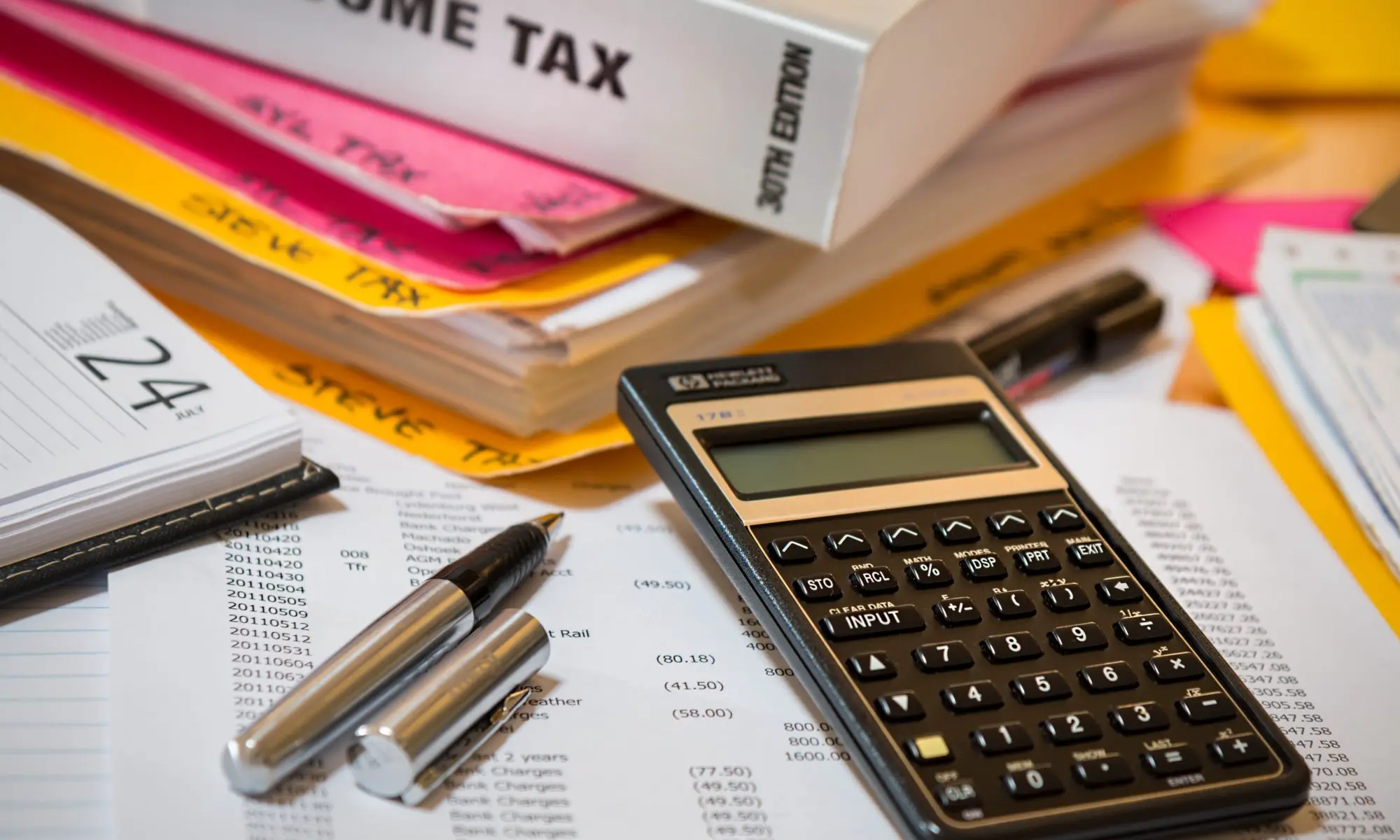The Bahamas is generally seen as one of the most pleasant options for where to live in the world. A tropical climate and easy-going way of life put this Caribbean nation on the top of most lists for those looking to relocate.
And tax rates run a close second to climate when it comes to naming what makes The Bahamas a favorite for the very wealthy and location-independent digital nomads.
Some countries that compete for this attention have relatively high nominal taxes but then create a system of complicated exemptions, credits and rebates to significantly reduce the effective tax rate.
The Bahamas approach to tax rates differs a bit. The headline numbers look very attractive: there is no personal income tax, capital gains tax, inheritance tax and a very low VAT rate. But there are relatively high rates of duty on imported goods and national insurance contributions on payroll.
This article will guide you through the taxes on everything from property to corporate income and will help inform an important part of your decision to relocate to The Bahamas.
Bahamas’ Attractive Tax Rates
Even amongst the stiff competition in the Carribean, The Bahamas offers one of the most appealing tax systems. In particular, there is:
- No tax on personal income in The Bahamas.
- A zero tax rate for companies.
- No taxes on capital gains, inheritance, or wealth.
Social Security Levy
This is the one exception to the no-tax situation in The Bahamas. (At least on a day-to-day basis compared to what you’d expect in most countries.)
The government levies a payroll tax of 9.8% to support the national insurance scheme. This levy is broken down as follows:
- It applies to employees who earn more than $620/week or $2,687/month.
- Employees pay 3.9% of their salary.
- Employers contribute another 5.9%.
- Self-employed individuals are responsible for paying the entire 9.8% levy.
Is There a Value-Added Tax in The Bahamas?
As of 2015, the Bahamanian government levies a value-added tax (VAT) on all practically all goods and services sold in The Bahamas.
The standard VAT rate started at 7.5% and was bumped up to 12% effective July 1, 2018. To cushion the blow, the government announced that certain core grocery items (or breadbasket items) are now VAT exempt.
The VAT Act has a full schedule of transactions that are exempt for value-added tax in The Bahamas. The highlights are:
- The sale or rental of Bahamian real estate.
- Medical services.
- Tuition fees for a regulated program.
- Many financial services.
Companies that sell more than $100,000 in taxable supplies, per year, must register with the
The Corporate Tax Rate in The Bahamas
There is no tax levied on corporate profits in The Bahamas. That zero tax rate extends to capital gains, interest, royalties and other forms of corporate revenue.
Like individuals, companies in The Bahamas pay several indirect taxes, including:
- A stamp duty when transferring real property
- Import and export duties on a long list of products
- Value-added tax on goods and services purchased
The government of The Bahamas has recently instituted measures to help improve conditions in certain communities — particularly the Over-the-Hill neighborhoods in Nassau. This initiative includes about $6,000,000 worth of tax incentives, such as VAT and duty exemptions.
Business Licence Fees: A Tax on Companies
All companies in The Bahamas need a licence to operate and an annual fee is paid to maintain it. The fee is calculated based on a sophisticated system that takes turnover and gross profit into account. Roughly speaking the rates are as follows:
- $100 for companies with turnover less than $50,000
- Medium-sized businesses, with turnover between $50,000 and $500,000 pay 0.5% of turnover
- Large businesses (over $500,000) pay 0.75% of turnover
Further details like which industry the company trades in or whether it is a holding company can have a bearing on the licence and associated fee. It’s best to seek professional advice to be sure about this business cost.
Real Estate Taxes in The Bahamas
Real estate is one of the only economic items that incur a tax in The Bahamas. That said, these taxes are generally less than what you would pay in the US or Western Europe.
Capital Gains Taxes
There are no capital gains taxes levied on property sold (or inherited) in The Bahamas. That tax freedom applies to both individuals selling a home and companies selling commercial real estate.
Bahamas’ Stamp Duty
Historically, stamp duties were a sort of administrative fee that paid for an official to apply a stamp to a legal document. These days, they have become a tax on transactions. And they are a part of life in certain countries, including The Bahamas.
For real estate transactions, the stamp duty tax rate is:
- Just 2.5% of the consideration given for properties that are $100,000 or less.
- And 10% for properties over the $100,000 threshold.
Annual Property Taxes in The Bahamas
The government levies an annual tax on real property based on its assessed value. This tax rate is based on two scales and the government decides between them based on whether the owner meets a minimum residence requirement or not.
For properties which the owner occupies and regularly resides in for at least six months of the year:
- The first $250,000 of assessed is tax exempt.
- 0.75% is charged on the value between $250,000 and $500,000.
- And 1% on the value above $500,000.
And for properties where the owner is absent for at least six months:
- A tax of 1% is levied on the first $500,000 of assessed value.
- And 2% on value above that.
This two-tier system took effect at the beginning of 2019 and, at the same time, the government did away with the former annual cap on property tax. Companies pay the same rate of tax on real estate in The Bahamas.
In the case of vacant land that is owned by non-Bahamians, it is taxed at 1.5% of the value above $7,000 plus $100.
Is Everything in The Bahamas Tax-Free?
As discussed above, many things, like income and capital gains, that are normally taxed elsewhere in the world have no tax applied in The Bahamas.
Also, the VAT here means that there is relatively little sales tax applied to purchases.
But is it always such a sunny picture? Not exactly. The Bahamian government needs to find some way of paying expenses, so they have established a fairly expensive system of import duties.
In many cases, these can add 25-40% to the price of consumer goods. (For some items, including big-ticket ones like auto parts and electronics, the duty can be above 60%.)
Obviously, the good thing about a duty-heavy system is that if you’re in a position to choose your tax jurisdiction, you may be able to structure your life to avoid paying duties.
Keep in mind that the duties you don’t pay can still be passed on to you in the form of higher prices for certain services. For instance, taxi fares tend to be quite high in The Bahamas, perhaps because of duties on cars and fuel.
Bahamas’ Tax Rates in a Nutshell
In The Bahamas, tax rates are very low but it’s a mistake to think that The Bahamas is a tax-free jurisdiction. To varying degrees, all governments will seek out ways to fund their budgets. In The
- Zero tax rate on income, dividends, capital gains, wealth and inheritance.
- A 12% VAT on almost all goods and services, except essentially food items and some medical services.
- A stamp duty of 10% on real estate transactions above $100,000.
- An annual property tax of approximately 1.5% on owner-occupied real estate.
- Import duties duties between about 25-40% on many goods.
At face-value, The Bahamas can seem like a zero-tax paradise, but some strategic planning is needed to truly take advantage of the most favorable tax rates here. Send me a message with your questions about taxes in The Bahamas and I’ll be happy to help.


